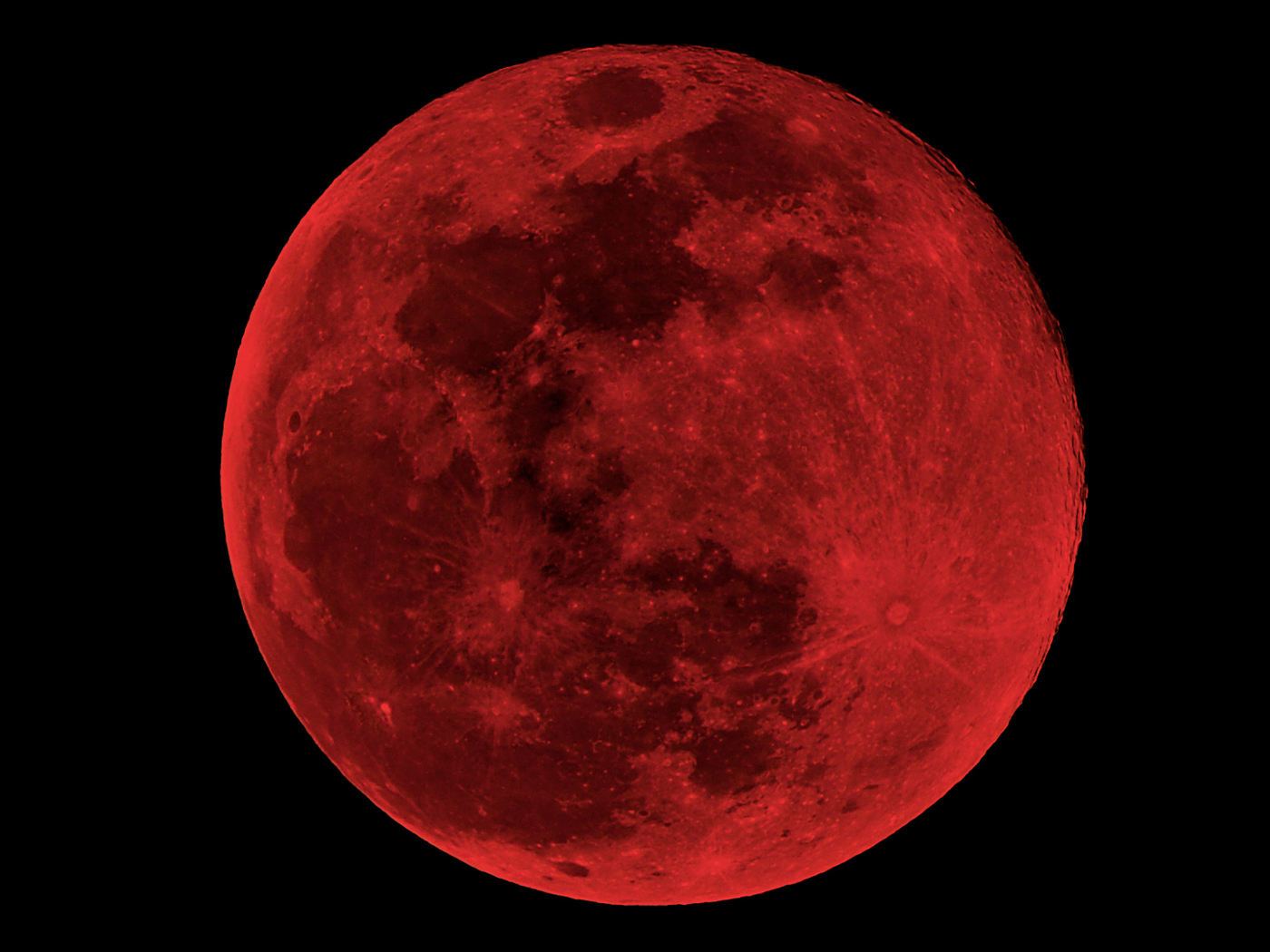"And to make all men see what is the fellowship of the mystery, which from the beginning of the world hath been hid in God, who created all things by Jesus Christ." (Ephesians 3:9)
In the context of this verse, Paul is testifying concerning his divine call to preach the gospel, especially proclaiming God's great plan to the Gentiles as well as the Jews.
In support of this revolutionary concept, Paul refers to the great fact of creation. All men, and indeed, "all things," had been created by one God. Furthermore, it was by the Lord Jesus Christ that God had created all things. Before the revelation of this mystery, the Gentiles had been "without God in the world" (Ephesians 2:12). The phrase "without God" (Greek atheos, from which we get the word "atheist") is used only this once in the New Testament, and it indicates plainly the barrenness of all pagan religions. "But now in Christ Jesus ye who sometimes were far off are made nigh by the blood of Christ" (Ephesians 2:13).
Thus, by Jesus Christ, all things were created, and by Jesus Christ "all things" will be gathered "together in one" in the "dispensation of the fullness of times" (Ephesians 1:10). This is all part of the same "mystery of his will," according to the preceding verse, Ephesians 1:9. In the last chapter, Paul again refers to this now-revealed "mystery" when he urges the Ephesians to pray that he might be able to "make known the mystery of the gospel" (Ephesians 6:19).
Thus the "gospel of your salvation" (Ephesians 1:13), which we like Paul are commanded to make known, is the glorious news that Jesus Christ is both Creator and Consummator of all things, and that by His work of salvation all who believe, whether Jews or Gentiles, receive eternal salvation. "All things were created by him," and He has shed His blood "to reconcile all things unto himself" (Colossians 1:16-20). HMM














